With the United States of America leaving the Paris Agreement, and the President refusing to acknowledge the problem that is climate change, the problem of global warming and environmental degeneration has become increasingly relevant. What is the world moving towards? How many more animal are going to go extinct? Is there any way to reverse the damage that we have caused to the planet?
With all these pressing questions in mind, I discovered one crusader in the narrow by-lanes of Calcutta, doing her bit to save the world that humanity has collectively sought to eliminate over several centuries. NLT interviewed Lata Bhatia, founding father of a sustainable development organization called Green Legion, and spoke to her about her zero waste journey. In the process, we learnt about the importance of waste management, the need to protect the environment, and how doing our tiny bit can go a long way in saving the only planet we can call ours.
I asked Lata Bhatia about her mission, and what she does, and why she chose to take up arms against a wasteful and consumer-centric lifestyle. This is exactly what she had to say:
We used to be a no-waste species. We used things till these were threadbare and then found a way to recycle that naturally, but now with this Western culture of constant consumption and also the ever-growing population has led to a disproportionate quantity of waste generation. Earlier I did previously think 'oh they (the West) are extremely smart'and envy them for their lifestyle, but not anymore. I don't think people in the West have been very smart anymore with regards to waste management. “
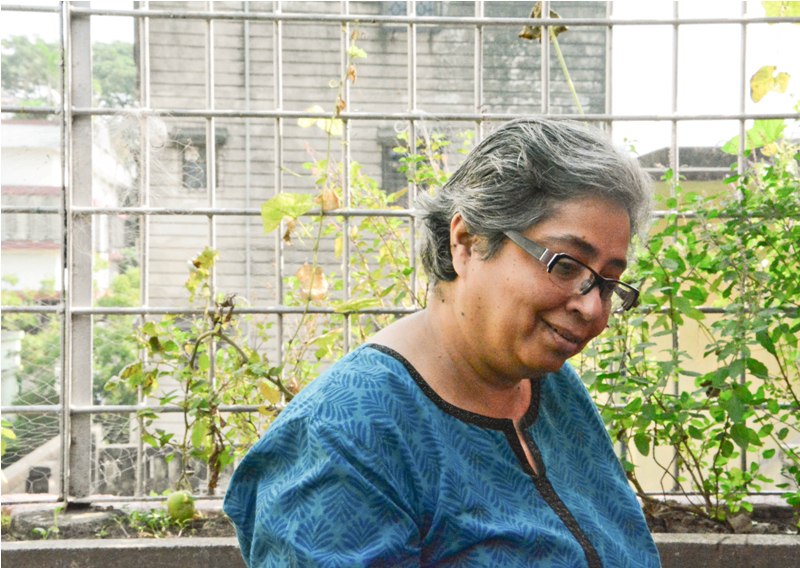
Walking around New Alipore, I did previously see that there is so much of garbage everywhere and wonder why there is no proper disposal system; why the government doesn't do something about it, and that is what got me thinking. I've not been to very many foreign countries, but I have heard how clean and well-maintained they are. If they could manage their waste, why couldn't we?
I started reading up about waste management, and sawthrough Facebook, the job being done in Bangalore, and remarked that, in terms of waste management,the city is so much more evolved than Calcutta is. I started following a lady called Vaani Murthy who is into waste management and composting since 2009. She had a lot of videos, and I was amazed that it is such as easy solution to the kitchen at home waste (that comprises 60%-70% of the household waste), and if we are able to make something beautiful from our waste, then why aren't we doing the work.
Noble, important and incredible as her ideas sounded, I had been a little dubious about the large-scale impact it could have on a metropolitan city like Kolkata, as well as on a grander scale, the planet as a whole. After all, she was one individual, and in order to create some kind of impact, one needed to act as a community. I asked her what changes could be made in one's everyday lives to produce a more sustainable future, which is what she had to say:
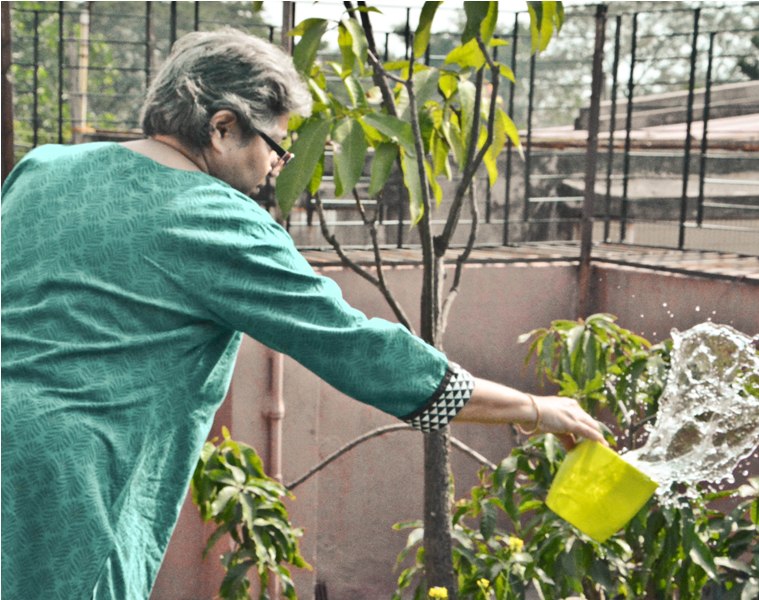
One thing individuals don't realize, despite talking about it, may be the need for community based action as well; specifically composting in this case, because individually people won't get it done. They need an incentive, even in the grassroots level.
The actual process of composting doesn't take a lot more than 10-20 minutes of your time. Even if individuals are living in small homes, they are able to compost, without any hassle, smell or other problem. It is not impossible to do whatsoever, provided you start thinking about it. And in India, I find that just thinking or creating awareness doesn't work unless people are forced to do by way of law and order.
In the final one and a half years, I have seen that individuals are becoming aware themselves, they're subconsciously feeling that something needs to be done. When the general public starts becoming aware themselves, they will create more noise and also the government will have to sit up and take serious notice.
So how can the government implementsustainable development on a larger scale?
Essentially, the municipality here has to take action. The lands they own might be turned into recycling units. The rag pickers who're segregating waste in an unorganized manner might be organized, which would make waste more recyclable. It would also pose a lesser health risk for them because we throw glass, paper, kitchen waste, liquid waste, everything in one place so they harmed and their well-being is jeopardized when they're segregating.
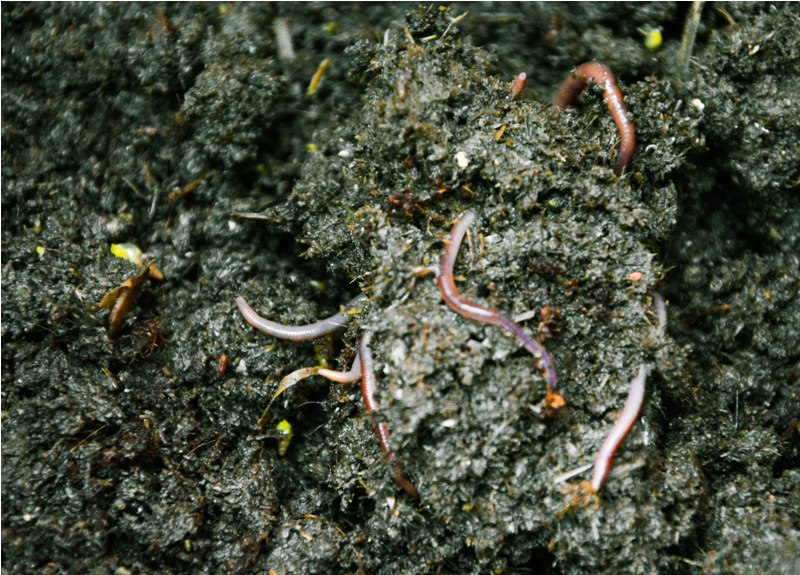
There are other organizations that are dealing with other aspects of environment protection too. If all these organizations come together as a combined force for just one cause and work with the municipal corporations, it could create greater awareness, make our voices be heard louder.
The concept of sustainable development is inextricably linked with the war against plastic, as it is common knowledge how much damage plastic causes to the environment, whether it is our air or our oceans. Lata Bhatia talks passionately about her zero-waste journey, to ensure that nothing ends up in the landfills, and all the waste produced from her folks are either recycled or converted into compost.
However, practically speaking, it is also true that one cannot do without plastic. Plastic is present throughout our lives, and in every form, so is zero-waste an unfeasible ideal? Or is there an actual possibility in the future that we can survive without plastic? Here's her opinion on the matter:
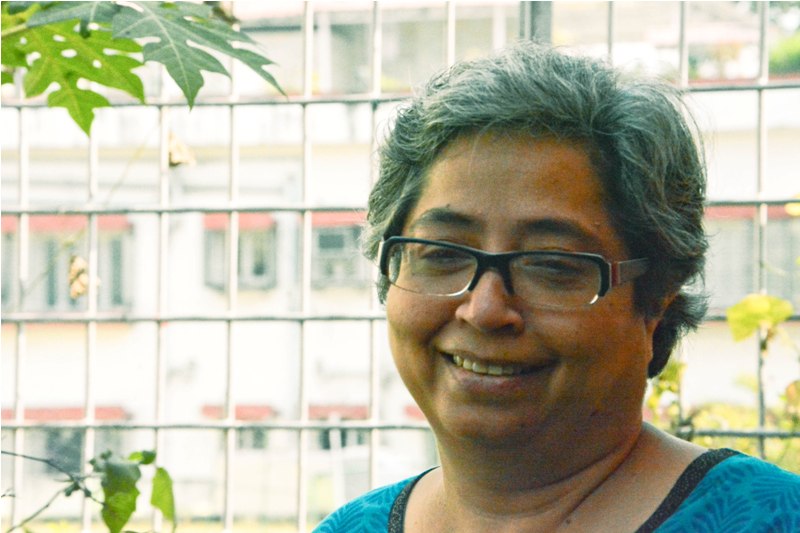
You see, there is life before plastic. Plastic is definitely a product which is very convenient because it is water resistant, resistant to oil, lasts longer, doesn't break, and it is very cheap, which is the keyword here. So what is happening is it is difficult to give up plastic completely, but there is an excellent possibility of reducing it by a lot.
I am on a zero-waste journey, that is a long journey that has just started. So, the very first thing I've done is I have stopped using all sorts of disposables like water bottles, plastic sheets, thermocol cutlery, straws, plastic bags, etc. I haven't been able to give up all plastic, but that is definitely going to happen someday. One more thing I am consciously doing is that I am not buying new plastic into the house.
Zero waste doesn't mean throwing everything away. It means use it till the end of their life, and then send it for recycling. You buy less, you consume less. As humans we've become very greedy; we're constantly wanting things and buying things.
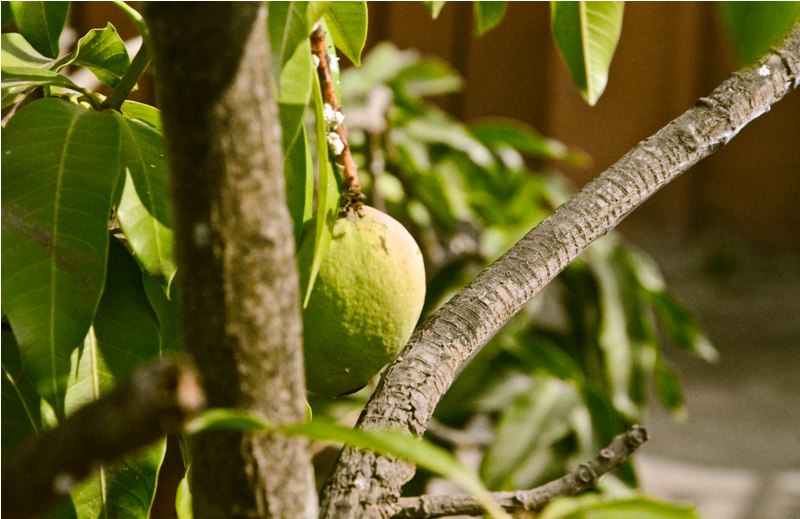
The key is to discard inside a responsible way. Not just dump everything in landfills, but utilize it till its life is really over. Our greed has to be curtailed. We need to buy wisely and consciously. This zero waste journey makes me realize that for the first 50 years of our lives we go shopping, and the next 50 we spend discarding things (laughs).
While talking about her zero-waste journey, we wandered into her terrace, which I can only describe as the perfect urban garden. Despite being on the fourth floor, every surface is filled with pots with plants, and also to my surprise, there are a large number of vegetables growing in this tiny space.
I later discover that these are the products from the compost that she generates, by managing the biodegradable waste that comes out of her kitchen. The vegetables are big, fresh, and according to Mrs. Bhatia, “they taste completely different, and make you feel good immediately.”
I was curious to know more about her vegetable garden, and this is what she had to say:
I happen to be gardening for many years. Earlier I simply had a few fruit trees, consider composting, I began a sustainable lifestyle where I grow my own vegetables, and now I have a complete vegetable and fruit garden. I have a dream that each terrace of Calcutta will be green. The use of pesticides and fertilizers has ruined our ecosystem. That is why, there are so many health problems because what we should are eating is poison.
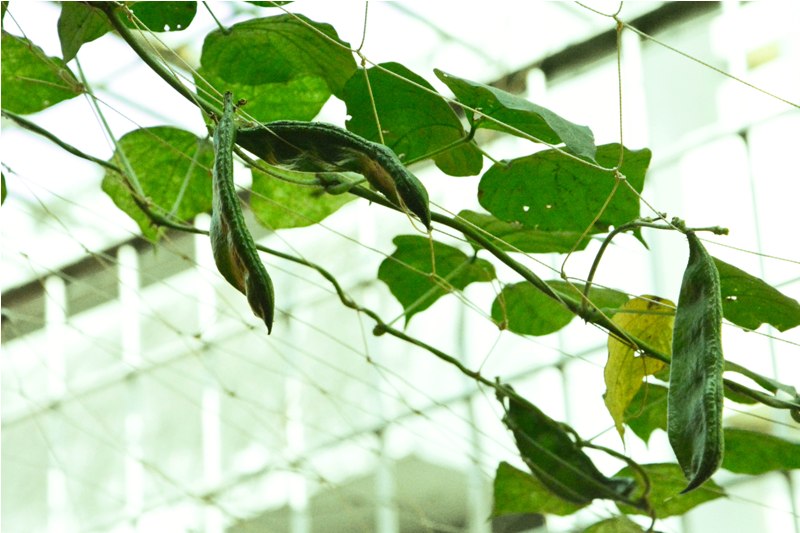
Her efforts, however, aren't limited to her own house, her own lifestyle and her garden. She founded Green Legion in May 2021, which is an environmental organization here in Kolkata, actively educating the folks of the city, especially the students, about the need to take care of the environment.
But students in India are required to study Environmental Education in their syllabus as it is. When asked about the work of Green Legion, and also the effectiveness of teaching students about composting along with other aspects of sustainable development, Mrs. Bhatia said,
The trouble with our syllabus as a whole is the fact that we don't relate it with practical life. We be done with it once we step out of the classroom. When we relate everything to life in general, children would understand far better. The workshops that Green Legion conducts are a hands-on experience and these workshops could be incorporated into the syllabus too. Children can grow their own veggies, and compost the waste generated by their schools, the possibilities are endless.
We have visited several schools within the city, spoken to children about why they ought to go in for sustainable living, and prevent using disposables and start reusing and recycling. We have got a very good response, especially from kids. We've also held several workshops, where local children and women made bags out of old clothes. It is important to show that upcycled products can also be marketable, that is what a wonderful website called rimagined.com does.
We have been invited to Rotary clubs and by college alumni, where we go and share out thoughts using the people. We have been invited by several institutions to complete their composting for them, which got us thinking about the next stage of our journey, where starting providing environmental services, similar to this.
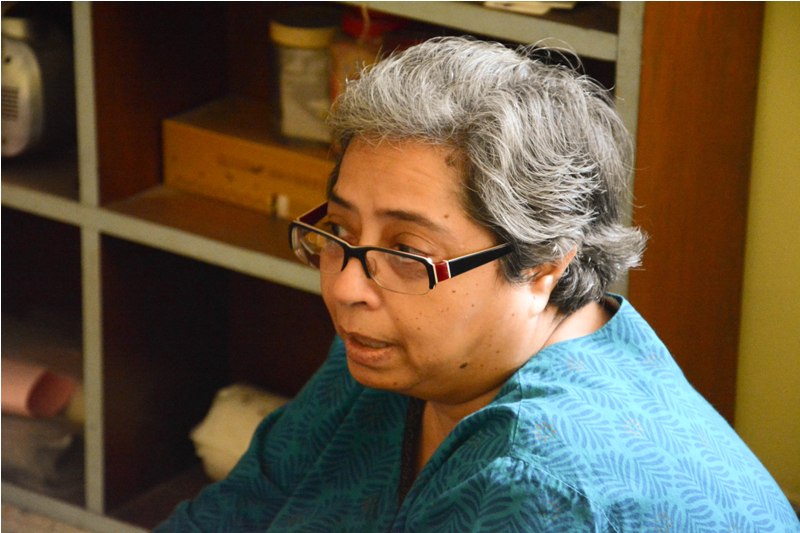
The lessons we learnt from this interaction extended much beyond those of the environment. Of course, we were inspired by her dedication towards the cause, and enlightened about several aspects of sustainable development, things that we can implement in daily life in order to make the world a better place for the people we leave it behind for; however, what was even more inspiring was the fervour and enthusiasm with which Mrs. Bhatia has launched a movement to save the world, one bin of compost at a time.
It is never too late to start, which is never too late to acknowledge and rectify your mistakes. We truly emerged as better human beings, and only hope that people like her become the norm before long, and not the exception.



